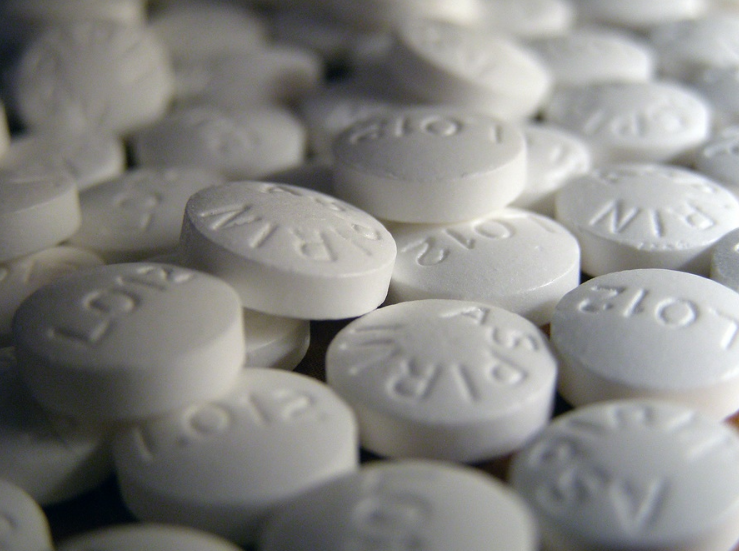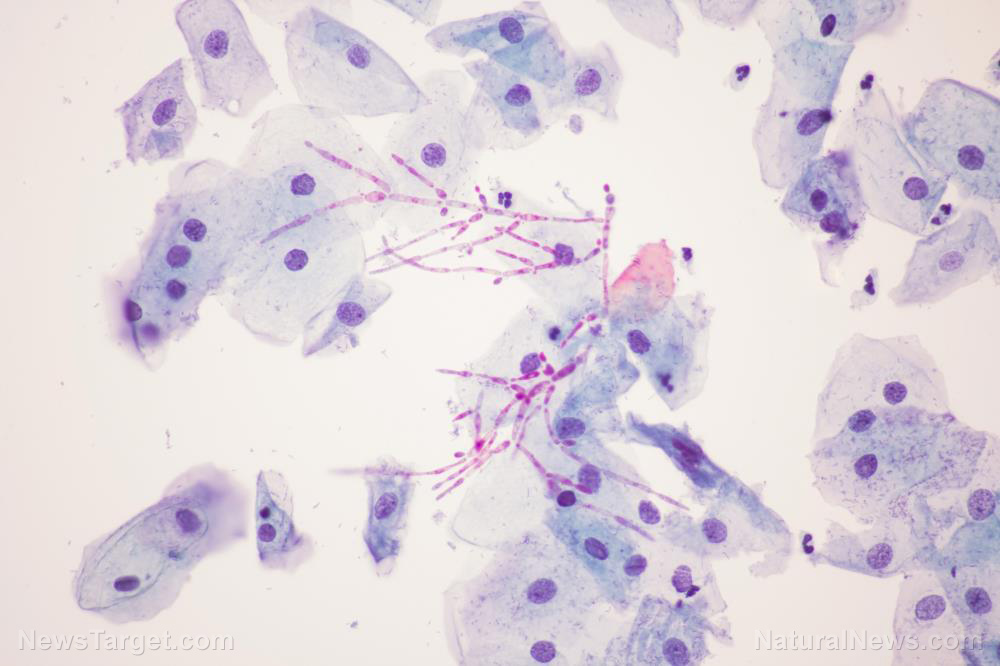A student has discovered that feeding cows microalgae increases the omega-3s in cheese
01/09/2018 / By Zoey Sky

A recent study has proven that feeding cows microalgae can increase the omega-3 fatty acid content of the milk they produce.
Bethan Till, a Ph.D. student at Harper Adams University, reports that her project, which involved feeding cows microalgae to increase the omega-3 content of their milk, was successful. The cows that she observed for her project were able to produce milk with reduced levels of saturated fatty acids, and the milk was used to make cheese that contained more omega-3. Till adds that the cheese tasted the same even though the cows were fed microalgae.
Till, a resident of Caernarfon, Wales, explains that she designed the project to “improve how healthy dairy products are” by boosting the omega-3 content of the milk, which could then be used to create omega 3-rich cheese. She said, “Western diets are providing less than recommended levels of long chain omega-3 polyunsaturated fatty acids which are beneficial to human health.”
Till adds that even though fish is often considered “a natural source of omega-3s,” fish levels are steadily dwindling and the consumption of fish has also declined. She stresses the importance of omega-3, which has various benefits such as helping lower one’s risk of developing cardiovascular diseases and depression. Omega-3 can also improve general mental health and even improve the learning ability of children. (Related: Swiss cheese found to contain powerful probiotic that promotes longevity)
Cheese is already a part of the diet of most individuals, and according to Till, increasing its omega-3 content is one way of giving people added health benefits without having to drastically change their current eating and shopping habits. And since children consume a lot of milk and cheese, milk from cows that are fed microalgae is a practical way of increasing kids’ omega-3 intake.
GLYPHOSATE testing is now being applied to all Health Ranger Store branded products. Our in-house lab uses LC-MS-MS (triple quad mass spec). See the full lab science tour video and announcement here. Shop for ultra-clean, lab-tested superfoods, personal care products and more at the Health Ranger Store, the world's most trusted source for clean foods and lab-verified nutritional solutions.
Till’s study was conducted on high-yielding Holstein Friesian dairy cows that were given one of four diets. Three of the diets contained microalgae at varying levels to determine which one can help the cows produce milk with more omega-3s.
Till notes that adding microalgae to the cows’ diet did not affect cow performance along with “dry matter intake, milk yield, body condition score, and live weight.” She concluded that based on the cheese tasting panel, making changes to the cows’ diets did not have any “negative effects on taste,” making them safe for public consumption.
The health benefits of cheese
Aside from being a delicious snack, cheese has various health benefits such as:
- High calcium content — Cheese is full of calcium, which is important for strong teeth.
- Rich in vitamin B — Cheese is also rich in vitamin B, which is good for children, women (especially if they are pregnant or lactating), and elderly people. Vitamin B is necessary for the formation and strengthening of bones and cartilage. The vitamin B in cheese also aids in the proper absorption and distribution of calcium.
- Helps fight osteoporosis — Osteoporosis, a disease caused by the non-absorption of calcium (deficiency), results in bone mineral density. The disease can be treated with a diet rich in protein, calcium, and vitamins. Cheese is full of these three components, making it an ideal food for individuals with osteoporosis.
- Promotes weight gain — If you are looking for a healthy food that can help you gain weight, consider eating more cheese. It is rich in proteins, fats, calcium, vitamins, and minerals. Protein is necessary for muscle formation and growth, fats are used for fat-based processes in the body, calcium strengthens bones, and vitamins and minerals can improve metabolic function. Eating food rich in these components, observing a healthy diet, exercising regularly, and getting enough sleep can help you gain weight.
You can read more articles about fresh food and tips on how to eat healthy at Fresh.news.
Sources include:
Tagged Under: Animal Feed, cheese, cow diet, cows, food production, food science, food supply, ingredients, microalgae, milk, omega-3 fatty acids, research, saturated fatty acids




















